What we want from Valve in 2018
A Steam overhaul, better communication, and at least a little moderation. Oh, and games.
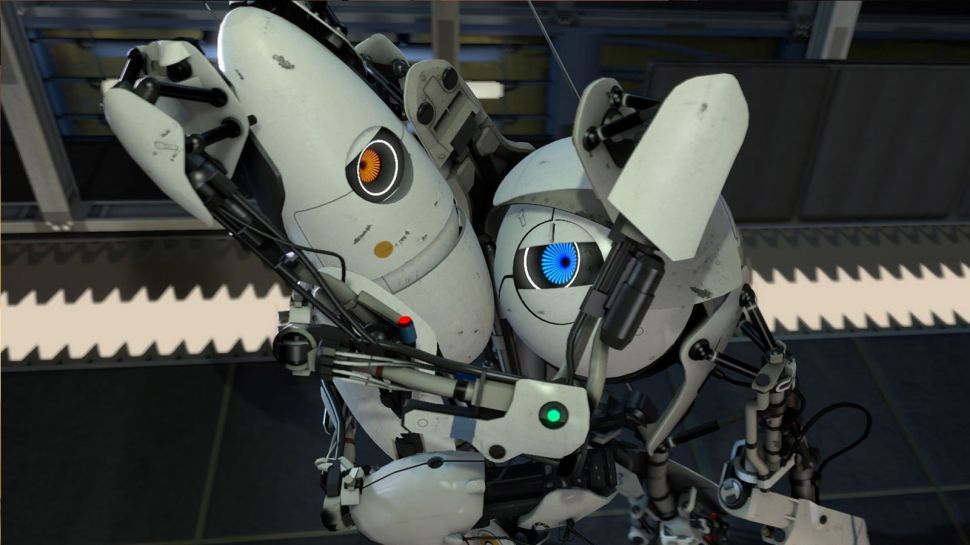
Battle.net may have Destiny 2, but Steam has millions of simultaneous PUBG players. GOG may have the best collection of DRM-free games, but Valve has, well, PUBG again. And Dota 2, and CS:GO. Competition has increased a lot in the past 10 years, but despite the growth of GOG, itch.io, Origin, Battle.net, the Microsoft Store, and others, Steam is still the gaming store on PC, and Valve runs two of the biggest esports in existence. Its influence on PC gaming can't be understated, so it naturally receives heaps of criticism and suggestions from players and developers alike. That's how it goes when you're on top.
Ruling out obvious fantasy, like a DRM-free release of Half-Life 3, here's what we hope PC gaming's de facto leader does in 2018.
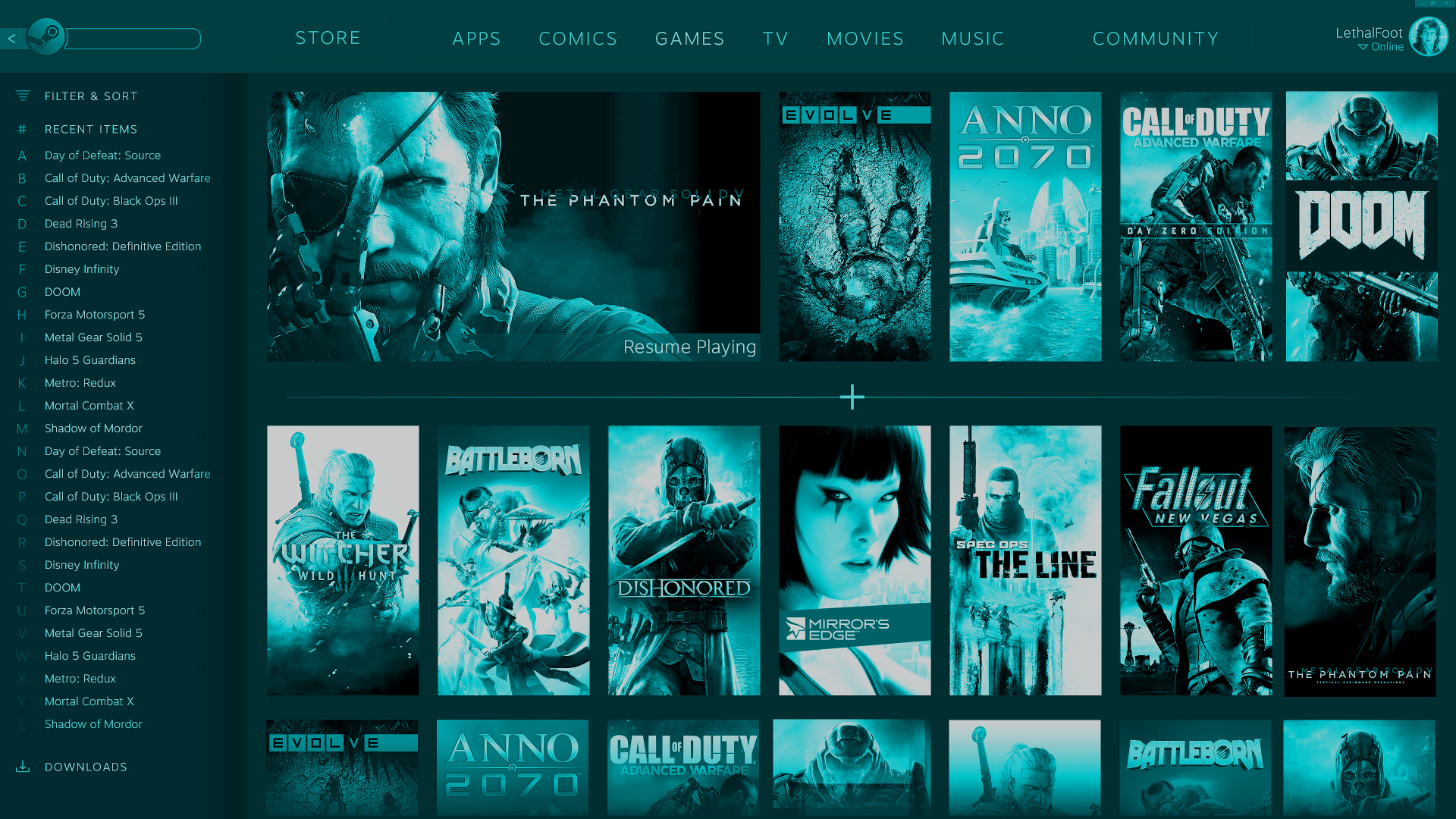
A Steam interface overhaul
A big update to Steam's interface was teased last year, and it's about time. While Steam has changed a lot since 2003—mostly as new features were tacked on—it still leaves much to be desired. Better automated sorting of our libraries would be a start. If you have tags, why not let us use them? The controller settings are weird, opening in a Big Picture Mode-style window and changing my Steam overlay to the same as if there's no way someone would use a controller at their desk. The music section of my library is a mess, with repeat entries that don't play. In other words, the tacked-on features feel tacked on. Without entirely throwing out the interface we're used to, an extensive UI and feature refresh would be welcome. (GOG Galaxy's version rollback feature would be welcome, too.) —Tyler Wilde
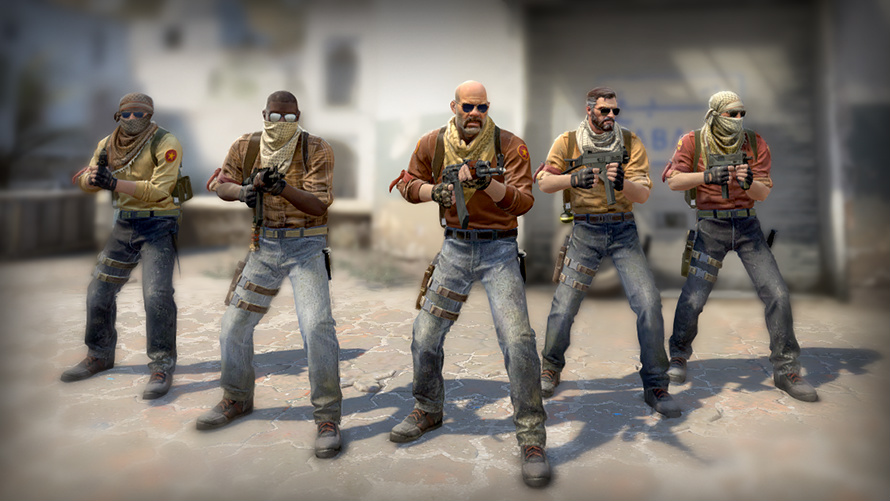
CS:GO on Source 2
The biggest thing on the wishlist for CS:GO players heading into the new year is the long-awaited move to the Source 2 engine. Rumors have been circulating about when this change-over will finally happen for at least two years now, since shortly after Dota 2 was moved to the new engine in the fall of 2015. Valve confirmed back in April that they’re working on giving CS:GO the same treatment, but so far this update has yet to materialize.
In addition to the presumed graphical optimizations of moving to the new engine, the content creation tools for new maps, new skins, etc. are allegedly a vast improvement over the original Source tools. Hopefully, this means we’ll see a glut of new user-created content when the update drops, thanks to the modernized and more user-friendly creation tools.
Similarly, the other big item on the wishlist is the promised upgrade to the new “Panorama UI”, a complete overhaul of all of CS:GO’s menus and interfaces using the panel-based UI that Dota 2 has already adopted. Just like the Source 2 update, this change has been in the works for quite some time now; Valve confirmed they were “preparing” for the UI switch at least as far back as the summer of 2016, but as with everything else Valve does, they’ve been rather tight-lipped about any sort of timeline for the Panorama implementation.
Below these big-ticket items on our 2018 wishlist, there are a litany of smaller changes we’d like to see happen:
- Classic maps like Mirage and Dust would benefit from the same sort of overhaul Inferno, Nuke, and Dust 2 have received over the last couple of years.
- The map pool could use some fresh entries (or some revivals of classic entries) to keep the competitive meta interesting.
- An unranked version of CS:GO’s core 5-vs.-5 competitive format has been a popular community ask for years now.
- Valve’s anti-cheat technology is lagging behind third-party services like ESEA, and could use a serious upgrade.
The astute observer will notice that almost everything mentioned herein could’ve just as easily appeared on a similar list at the end of last year. It often feels like CS:GO is a lower priority for Valve than its other esports juggernaut, Dota 2, so while there are plenty of updates we’d like to see in 2018, it seems unwise to get our hopes up that many of them will happen particularly soon. Nonetheless, we’ll keep our fingers crossed. —Mitch Bowman
The biggest gaming news, reviews and hardware deals
Keep up to date with the most important stories and the best deals, as picked by the PC Gamer team.
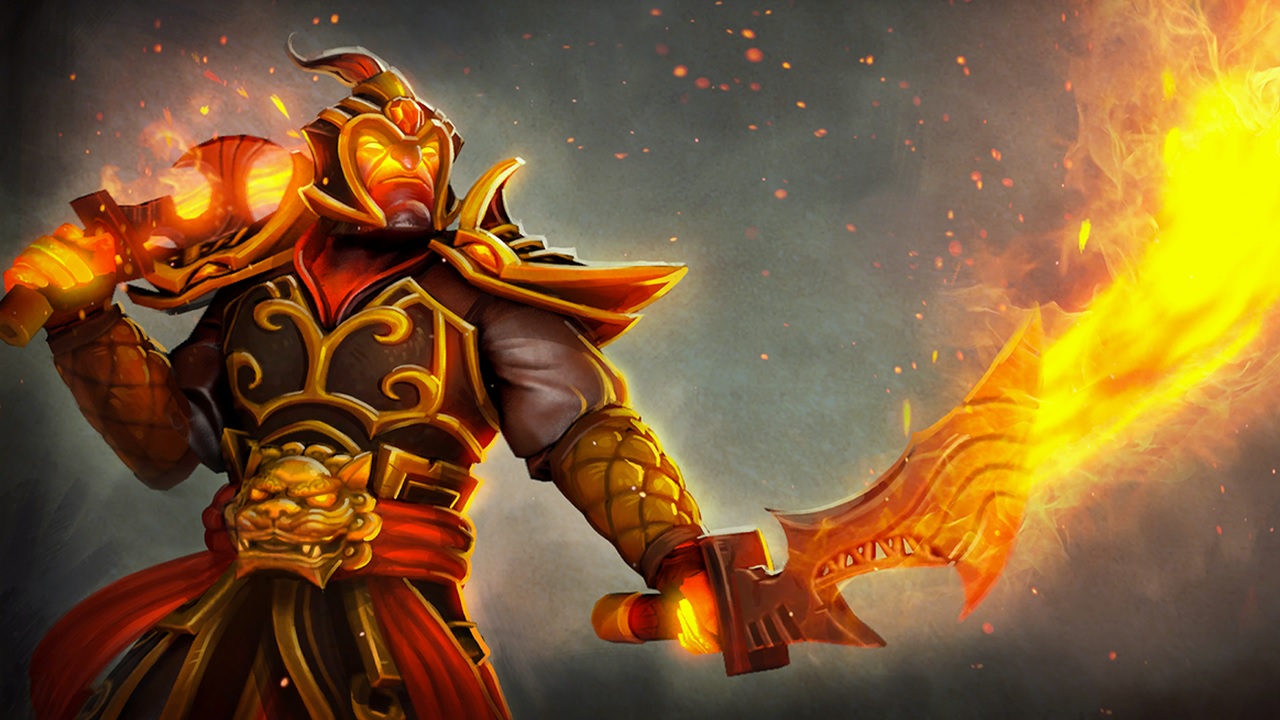
A little warning before Dota 2 changes
The TI7 contestants were announced abruptly. The Pro Circuit system was announced abruptly. The games contest was announced, and soon extended, abruptly. Gameplay mini-patches were released abruptly, at one point abruptly breaking custom games.
A surprise is nice sometimes, but when it comes to Dota 2, one of the biggest games in the world, not everything should come as such. At least a million players likely clock in every day, and a significant chunk of that population—plus some non-players—follow the competitive scene that’s grown from it. Basically, there are a lot of players trying to just play the game and keep up on a fundamental level.
So, for many out there already irrevocably attached to the experience, frequently needing to stay up-to-date and ready-to-go is exhausting. Maybe it’s just become part of the Dota life: you wake up, see if Valve has done something, and then continue with life. But why does it have to be like that?
Dota 2 players could use a little communication. Just a bit. You can put something off for six hours to get us ready, and you don’t have to give a Riot-length explanation, nor a Developer Diary. It can be a six-hour heads-up on a patch, an announcement of an announcement, or a new way to share what teams are heading to TI. Have someone sit at a computer and press the buttons so people don’t guess teams from the source code. Or all of the above. Valve, you’re allowed to steal these ideas. In fact, please do.
Of course, we’re also talking about Valve here, and that’s just part of how they do things. I’m sure they’re aware, but the reason why they haven’t changed anything is beyond me and anyone else in the scene who isn’t actually a Valve employee. But it doesn’t hurt to ask. —Victoria Rose
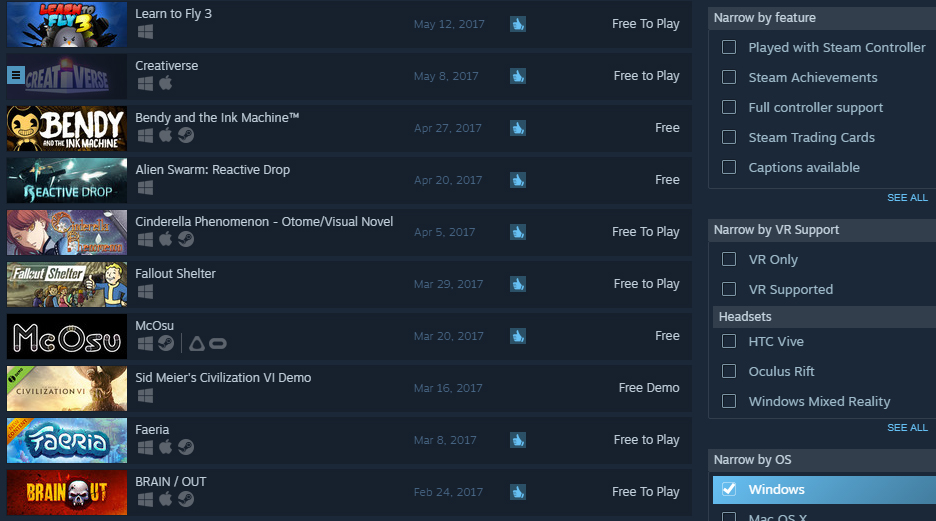
Improved moderation and curating
Steam Direct is great for new developers who don't have publishers, but the consequence is an influx of ripoffs and shovelware. In theory, Steam's algorithmic discovery tools and Curators should surface only the best games, and truthfully, my store page is looking pretty nice during the Winter Sale—a healthy mix of good deals and games I might be interested in. But that's not quite the case in the Popular New Releases section, which is consistently full of free or free-to-play games. Free games aren't necessarily bad, but the 'popularity' metric means free clickers and gags naturally get promoted over anything with even a small price tag, potentially burying great games that dare to cost five bucks.
2018 should see an even bigger influx of new games—thousands upon thousands—and I'm skeptical that these automated and community-driven tools will be able to keep up. At the minimum, I hope Valve more aggressively cuts asset flips—which it did a bit of in 2017—and outright insulting games, and sets a clearer policy on nudity and sex. It's been totally inconsistent in that latter regard, even receiving criticism from a porn game distributor.
An increase in moderation is doubly needed in the Steam community. It took me five seconds to find a group advertised with a lynching icon and a swastika. Delete. —Tyler Wilde
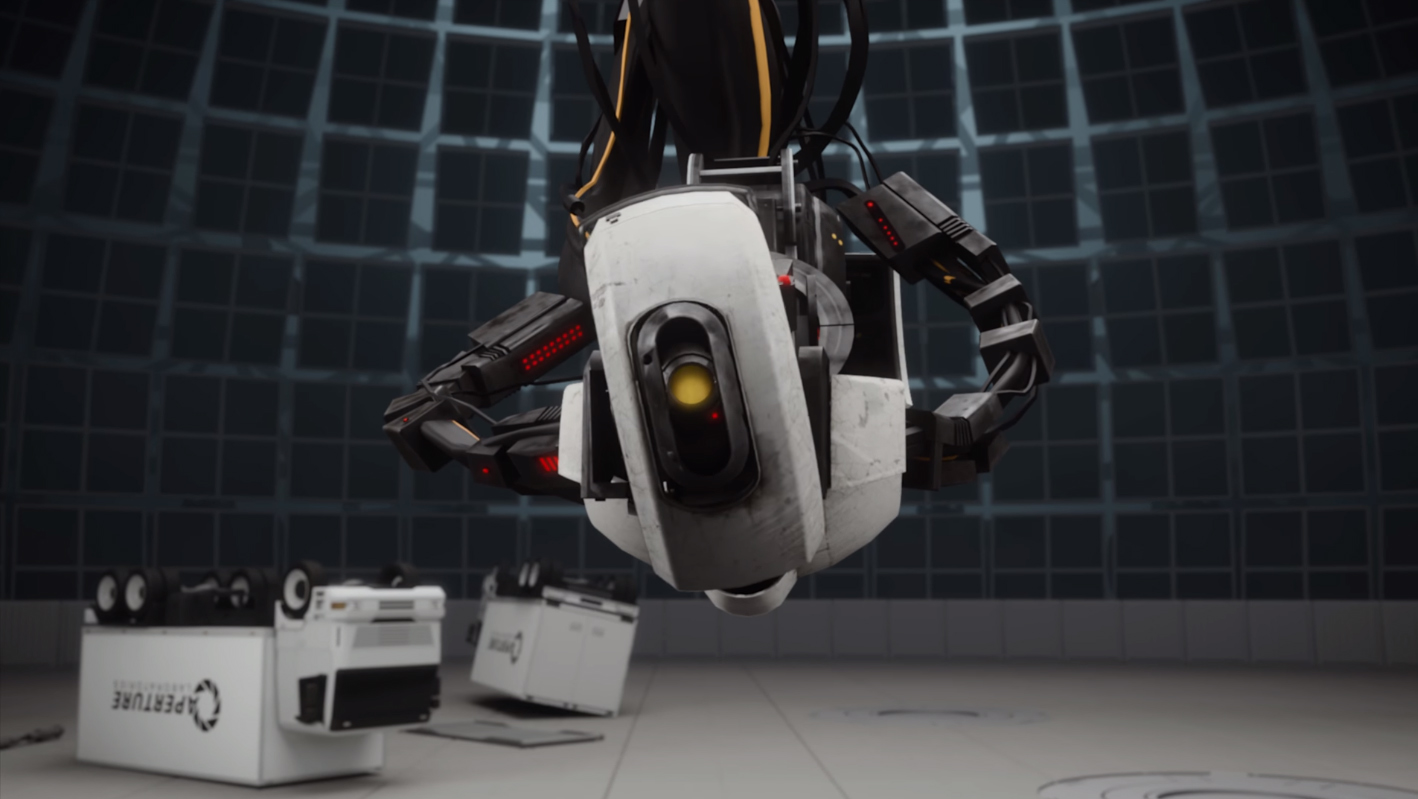
As always, a game
Valve says it's working on a few, but we aren't holding our breath. And no, nice as it was, Bridge Constructor Portal doesn't count. —Tyler Wilde

